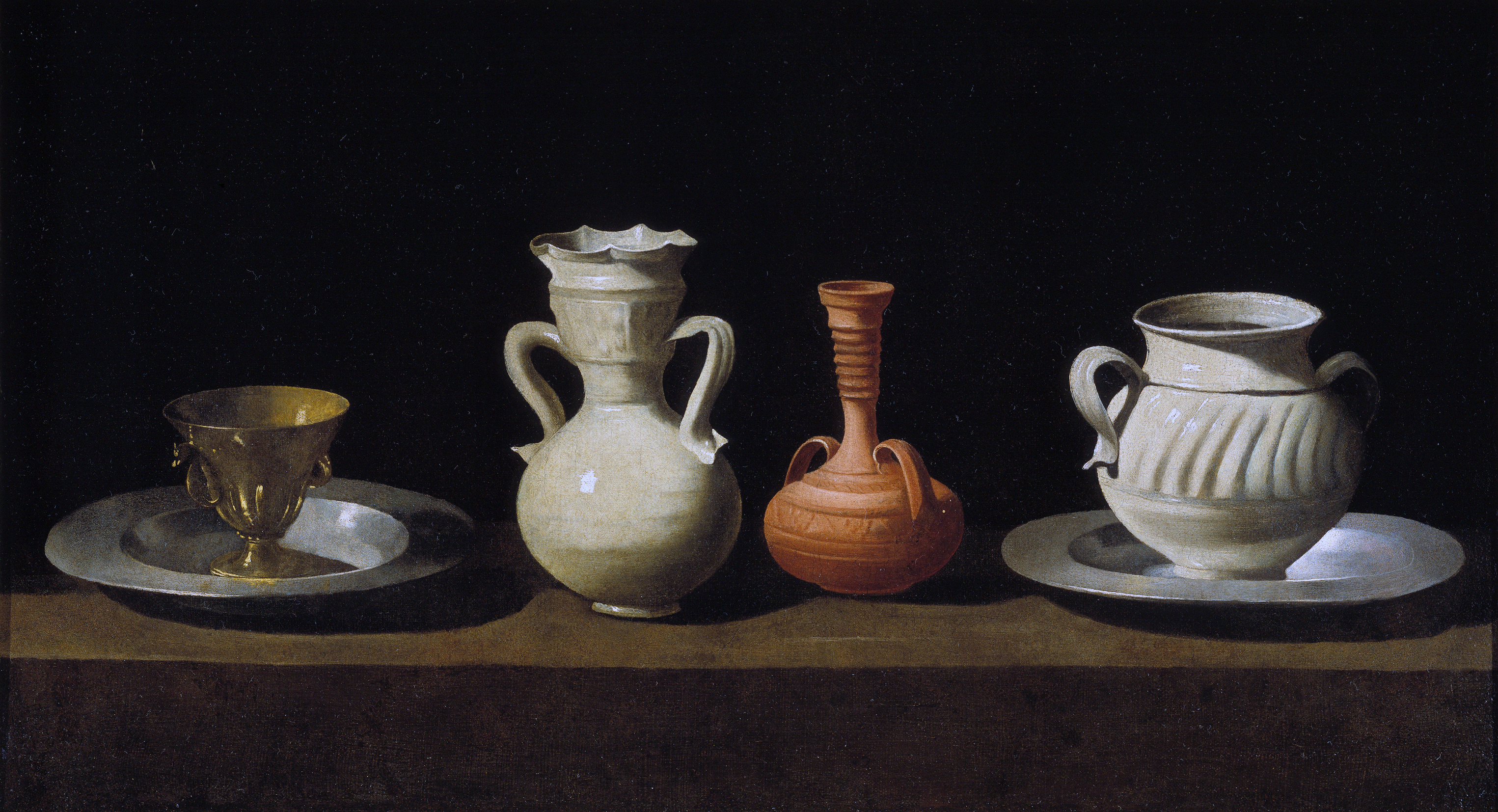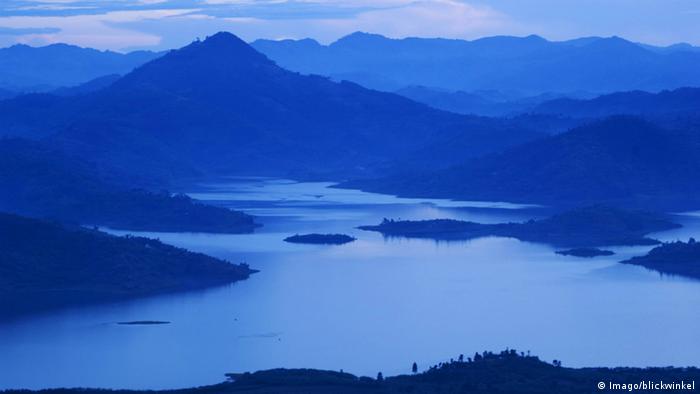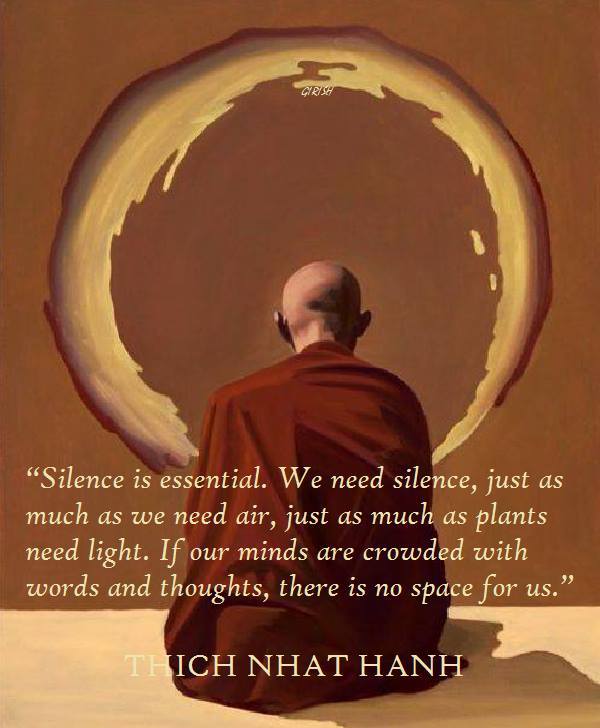
Wiki / Stille
Inhaltsverzeichnis: (verbergen)
 Stillleben mit verschiedenen Vasen, 1636 |
|
Seid still und erkennt, |
|
Eines Tages kamen Wanderer zu der Hütte eines Einsiedlers. Durstig baten sie ihn um einen Trunk Wasser.  Der Mann der Stille ging mit ihnen zur Zisterne, um ihnen Wasser zu geben. Einer fragte den Einsiedler: "Welchen Sinn siehst du in einem Leben der Stille?"
Noch mit dem Schöpfen des Wassers aus der tiefen Zisterne beschäftigt, überlegte er und sprach: "Schaut in die Zisterne, was seht ihr?"
Die Besucher blickten in die Zisterne: "Wir sehen nichts",
sagten sie.
"Schaut in die Zisterne! Was seht ihr?"
Sie blickten hinunter und sagten: "Jetzt sehen wir uns selbst!"
Der Einsiedler sprach: "Als ich vorhin Wasser schöpfte, war das Wasser aufgewühlt und ihr konntet nichts sehen.
Jetzt ist das Wasser ruhig und ihr seht euch selbst. Das ist die Erfahrung der Stille." |
| Inspiriert durch: ► Ludger Hohn-Morisch, deutscher Therapeut, Lektor, Herausgeber von Anthologien, Für jeden Tag ein Stück vom Glück, Herder, Freiburg, 2004 |
| Siehe auch: ► Geschichtensammlung |
|
| Siehe auch: ► Geschichtensammlung und ► Stolz |
Empfehlungen
Schlussfolgerungen
Analogie

|
Literaturzitate
Gedicht
Gebet
| Quelle: ► STILLE – Lakota-Erzählung von Aŋpétu Wašté Wiŋ (1889-1971) Julian Rice, Deer Women and Elk Men. The Lakota Narratives of Ella Deloria, University of New Mexico Press, 1. Januar 1862 |
Personal avowals

|
Recommendations

Appeals
Conclusions
Article Silence: God’s first language, presented by The Catholic Thing, Cardinal Robert Sarah, 7. July 2017

Insights
Abraham Lincoln (1809-1865) and Mark Twain
"Our lives begin to end the day we become silent about things that matter."
|
Literary quotes
Poems
|
Stillness is what creates love, |
|
Personal avowals
|
10-year study on the effect of marital strain in relationship to the development of heart disease and death
| ||||||||||||||||||
| Sources: ► Removed Blog article by Sanjay Gupta, M.D. (*1969) US American neurosurgeon, media reporter, chief medical correspondent at CNN, Self-censoring linked to higher death risk, CNN edition, 27. August 2007 ► Blog article When Women Have No Voice In A Relationship, presented by Monch Bravante, undated |
| See also: ► Marriage and ► Communication and ► Health and ► Death |
|
| See also: ► Stories and ► Pride and ► Questions |
|
| Source: ► Do Hyun Choe, Japanese Master |
Links zum Thema Stille / SilenceLiteratur
Literature (engl.)
Externe Weblinks
Exzerpiert aus: Rebecca Solnit (*1961) US-amerikanische Kulturhistorikerin, Journalistin, Autorin, The Mother of All Questions, Linklose Artikel
External web links (engl.)
Audio- und VideolinksFilme
Eindrücke vom Leben im Kartäuserkloster La Grande Chartreuse
Audio and video links (engl.)Music links (engl.)
Over 14 million clicks/views [status June 2013]
|
Englisch Wiki
Hawkins